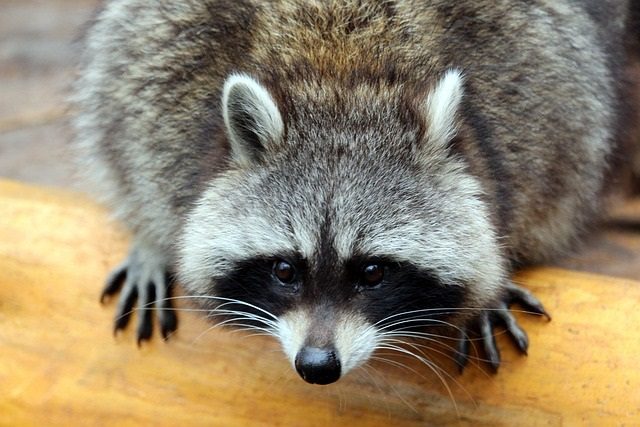Atlantic County has confirmed its first rabies case of 2023 after a raccoon collected from Miami Avenue in Absecon tested positive for the viral disease on Feb. 24.
Police were notified of a raccoon that appeared sickly on Feb. 17 and Animal Control was called to remove it. The raccoon was then sent to the state lab for testing where it was confirmed positive.
In 2022, four skunks, three raccoons, one fox, one horse, one groundhog and a cat were confirmed for rabies.
An investigation by the Atlantic County Division of Public Health found no human exposures but did identify an exposure with a dog that had no vaccination history. As a result, the dog was placed under a four-month confinement period.
Rabies can be fatal if left untreated. It can be transmitted through direct contact with saliva through broken skin or mucous membranes in the eyes, nose or mouth. Most human cases of rabies are the result of a bite from an infected animal.
If you are bitten by an animal, wash the wound immediately with soap and water and seek medical attention. All bites should be reported to the Atlantic County Division of Public Health at 609-645-5971.
A rabies vaccination is recommended for domestic animals to not only protect the pet but also the pet owner and family members who could contract rabies from an infected pet.
The Atlantic County Animal Shelter provides free rabies vaccination clinics each month for both dogs and cats by appointment only at www.aclink.org/animalshelter. The next clinic will be held 10 a.m. to noon Sunday, March 12 at 240 Old Turnpike in Pleasantville.
Public health officials advise residents to teach children to stay away from wild, stray or aggressive animals. Never feed or touch wild animals or try to keep them as pets.
Residents should ensure trash cans have secure lids to prevent wildlife from foraging for food and not leave pet food outside. Many animals are also attracted to bird seed.
If you see wildlife that is behaving strangely, especially nocturnal animals such as skunks and raccoons found during daylight hours, do not approach the animal. Instead, call your local Animal Control Officer. Contact information is available on the county web site, www.aclink.org/animal-shelter/municipal.asp
For more information about rabies control and precautions to protect your family and your pets, please visit the county web site at www.aclink.org/publichealth or call 609-645-5971.








